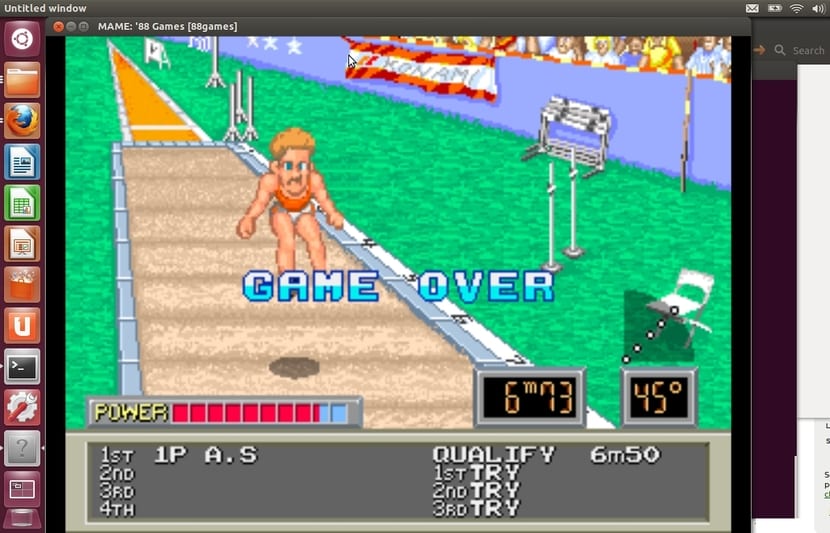


Abandonware changes hands based on the presumption that the time and money that a copyright holder would have to spend enforcing the copyright is greater than any money the holder would earn selling software licenses. Transfer of this software is still technically unlawful in most jurisdictions (except in cases of owner dissolution) as the copyright is still in effect. Some who are ignorant of copyright law have incorrectly taken this to mean that abandonware is legal to distribute, although no software is old enough for its copyrights to have expired, and even in cases where the original company no longer exists, the rights usually still belong to someone. Proponents of abandonware argue that it is more ethical to make copies of such software than new software that still sells.

(Copyrights owned by an individual who dies become the property of the person's estate.) Nevertheless, some companies vehemently defend their rights to old games from which they're no longer making profit. This can be due to intentional non-enforcement by its owners due to the software's age or obsolescence, but sometimes because the corporate copyright holder went out of business without transferring ownership, leaving no one to defend the copyright. Shadow Warrior 2 is their free anniversary gift!! So grab it if you don't own it yet.Abandonware's copyright is frequently no longer defended. Please download the following patch: 74-2-events.diffĬongratulations to GOG. We have created a workaround for Linux users who have problems locking the mouse in windowed mode after upgrading X.org to 1.20. The giveaways of one of the five Crew Collections and the 100 game codes are over the winners will be contacted soon.Īnother free game over at GOG. Ideally, 0.75 should have been released by now, but some bugs took a lot longer than expected. It's recommended to use config -securemode when dealing with untrusted files. The game compatibility should be identical to 0.74 and 0.74-2. Several other fixes for out of bounds access and buffer overflows.proc/self/mem) when / or /proc were (to be) mounted.



 0 kommentar(er)
0 kommentar(er)
